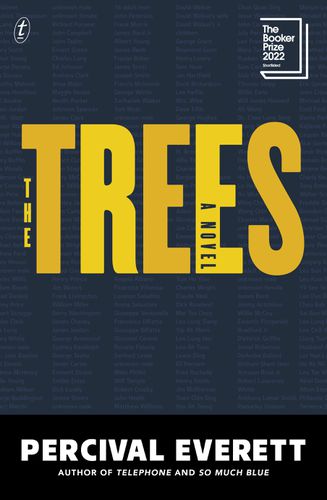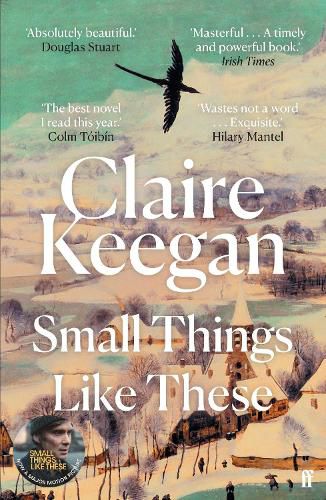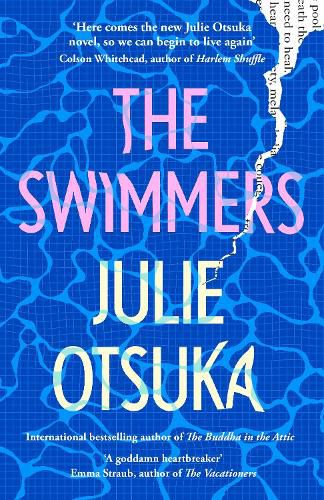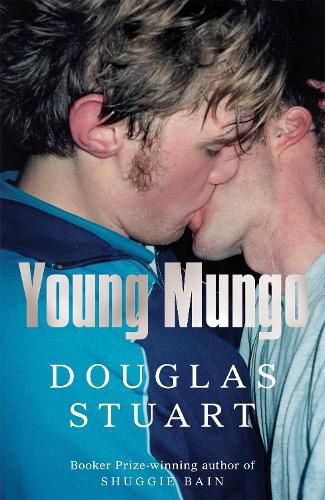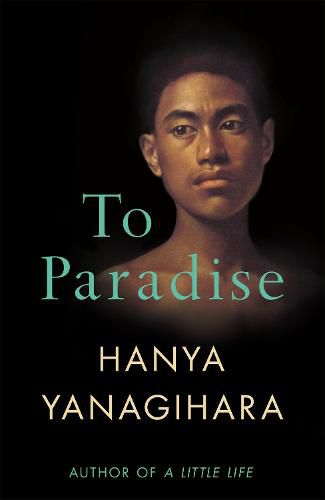Every year our staff vote for their favourite books of the past 12 months. Here are the best international fiction books of the year, as voted for by Readings’ staff, and displayed in alphabetical order by author.
The Candy House by Jennifer Egan
Jennifer Egan’s highly anticipated follow-up to her Pulitzer Prize-winning A Visit from the Goon Squad once again eschews genre and conventional narrative devices. Featuring a patchwork of different characters’ perspectives, many of whom will be familiar to Goon Squad readers, The Candy House examines the consequences of a social media invention that allows people to access their every memory and share them with others. The result is a fascinating exploration of how technology intertwines with family, society, privacy, love and human connection.
Egan is an inimitable talent. Fans of role-playing fiction, playful formats and alternate worlds will relish this mind-bending concoction.
The Trees by Percival Everett
Shortlisted for the 2022 Booker Prize, The Trees is a wild ride into America's deep-seated history of racism, class division, and toxic nationalism. Deep in Trump country a brutal murder has taken place. At the crime scene, the body of a badly beaten Black man is discovered. Mysteriously, his body later disappears from the morgue – only to reappear at a second brutal murder scene. MBI (Mississippi Bureau of Investigation) detectives Ed and Jim are dispatched to discover what's going on, only to find themselves in the middle of a massive country-wide spate of mysterious deaths, apparently targeted specifically at the perpetrators of White America's horrifying violence against Black people and people of colour.
Part police procedural, part supernatural thriller, The Trees is a shocking, gruesome, wildly comedic book.
Small Things Like These by Claire Keegan
In a quiet 1970s Irish town, as the snow gently falls to herald in the oncoming Christmas, coal merchant Bill Furlong steadily goes about his fuel deliveries. But a discovery during a job at the convent forces him to question his past and the unspoken, insidious power dynamics of the village.
Claire Keegan has created a small object of wonder, with delicately rendered details of everyday life and human behaviour. Small Things Like These is also a Christmas novel, full of heartbreak and compassion for regular folk who endure hardship and precarity even as they create small, bright pools of hope for people around them. Read this book and you will want to shake up each scene like a snow globe, marvelling at its perfect, miniature beauty.
Demon Copperhead by Barbara Kingsolver
In this ingenious reimagining of David Copperfield set in modern-day Southern Appalachia, Damon (quickly nicknamed Demon) journeys through his life with only a few things to rely on: his dead father’s good looks, his devilish charm and a knack for survival. Though his challenges are many – foster care, child labour, addiction, disastrous loves, and crushing losses – he never loses sight of his roots in the rural places the rest of his country wilfully ignores.
Epic in every sense, Barbara Kingsolver’s novel mixes the delightful pleasures of classic storytelling with astute social commentary on institutional poverty and the state of contemporary America. Told in the mischievous, magnetic voice of its titular hero, Demon Copperhead is fully its own creation: a masterful study of a character whose exploits will stay with you long after the final page.
Babel by R.F. Kuang
Seated among the gleaming spires of 19th-century Oxford is the mighty Babel College where translators and silversmiths conjure magic through language, forging fuel for the churning engine of Empire. Into this world enters Robin Swift, an orphan boy from China whose aptitude with languages makes him a prized catch for the college – and for its enemies.
This vivid, explosive alt-history fantasy is Dark Academia at its finest, where obsessive days of study with tea and elderberry cordial give way to darker conspiracies and hard questions about complicity and colonialism. Babel is a towering work of imagination.
Lessons by Ian McEwan
When he is 14, Roland Baines’ life is turned upside down when his boarding school piano teacher coerces him into a relationship that will have destructive repercussions for his relationships all throughout his life. Twenty-five years later, Roland’s musical ambitions have faded and his wife has mysteriously vanished. Haunted by lost opportunities, Roland revisits his life and the women who have defined it.
Spanning major historical moments throughout the second half of the 20th-century, Lessons is one of Ian McEwan’s best novels yet. It is a deeply affecting, daringly ambitious project that conveys the foibles and triumphs of an era through one man’s life. Fans of McEwan will be richly rewarded with the work of an author at the top of his game.
The Colony by Audrey Magee
Irish writers are having a well-deserved moment, and Audrey Magee's The Colony, set on an island off the west coast of Ireland, is a stunning example of the day.
Over the summer of 1979, an English painter and a French linguist vie to capture the island's beauty and language and, in turn, build their own fortune and fame. The island folk watch warily, but ultimately are left changed by the summer, the visitors and the violence reverberating across the country that punctuates their days. Magee masterfully builds a story out of small moments, character and news snippets, that in its layered simplicity will leave you stunned, breathless and more knowing than before.
The Swimmers by Julia Otsuka
For the characters populating Julie Otsuka’s The Swimmers, their local pool is a place of solace, belonging and comfort. Its temperature, patrons and lanes remain steadfastly the same day-to-day, dependable as the tide. For these Californians the pool, and its microcosm of American society and politics, remains the centre of their lives. That is until, beneath the surface, the pool bottom begins to crack open.
As the pool surface fractures, so too do Alice’s memories. As her dementia begins to submerge her memories, this reflection becomes the focus of Otsuka’s sharp lens. Otsuka’s writing is captivating as it explores memory, grief and loss in moving and beautiful prose.
Young Mungo by Douglas Stuart
Douglas Stuart’s second novel is as packed full of wonderful Glaswegian colloquialisms, lively characters and gut-wrenching struggles as his Booker-Prize winning debut, Shuggie Bain.
Against the backdrop of sectarian Glasgow in the 1990s, 15-year-old Mungo grapples with an absent mother, a violently persuasive elder brother, and the emerging desire of his own sexuality. Stuart balances the darkest moments of Mungo’s young life with sweet ‘guid-and-true’ glimmers of hope and courage, breaking through the harsh realities of working-class life with the power of his prose and the force of these characters’ personalities. This is a gripping story about the pressures of masculinity, the bonds of familial love and the courage summoned by so many queer people against a world intent on extinguishing their love.
To Paradise by Hanya Yanagihara
Released seven years after A Little Life, Hanya Yanagihara’s To Paradise proves the author is a master at writing majestic, powerful works that interrogate big questions of identity, social reckoning and human desire.
Spanning three different centuries in an alternate timeline of America, this novel elegantly unpacks the values at the heart of the Great American Experiment. From a version of 1893 New York where people are allowed to love and live freely, to 1993 Manhattan in the midst of the AIDS epidemic, to a vision of the future besieged by plagues and totalitarian rule, the worlds of To Paradise are linked by shared commonalities and recurring motifs that deepen the themes the book explores.
This is a novel that stuns with its ambitious scope; a banquet of ideas for those readers who want to sink their teeth into something rich and heady.


